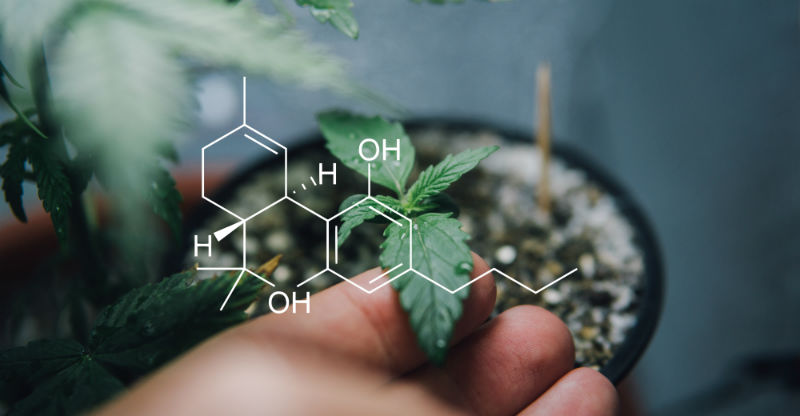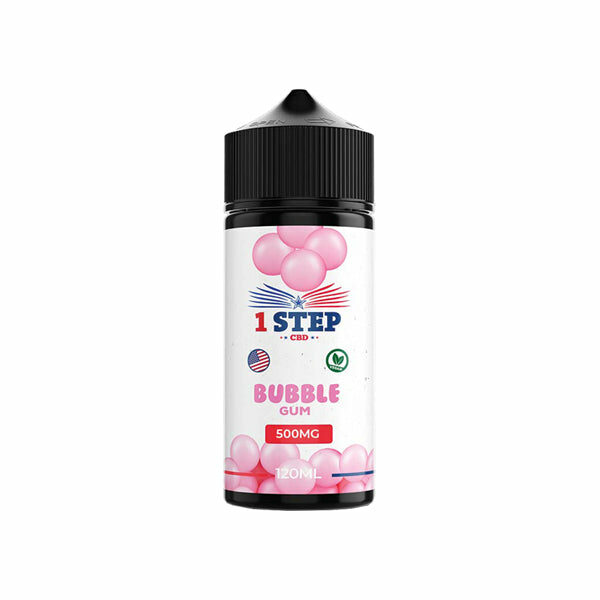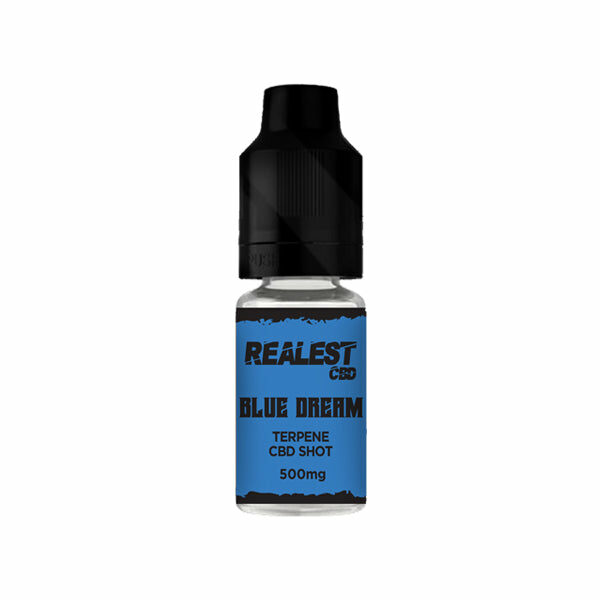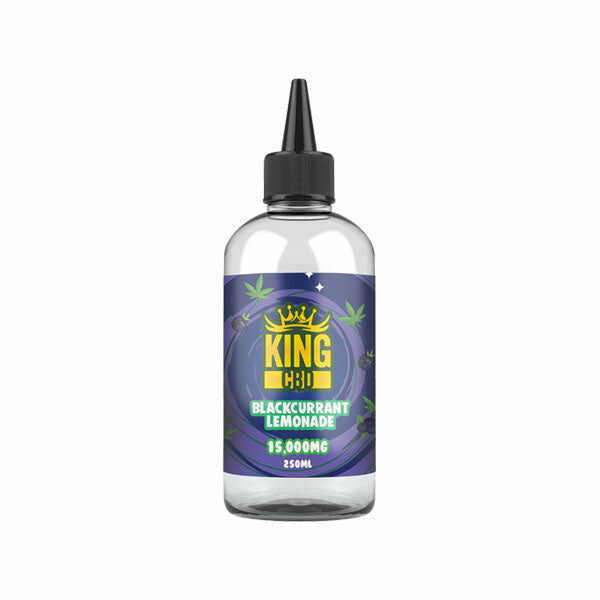CBD & Social Interactions
Cannabidiol or CBD, is a cannabinoid found in the cannabis plant that causes a vast range of psychological and physiological changes in the human body by interacting with the body natural endocannabinoid system (ECS) in many ways. The ECS has roles in pain relief, inflammation, memory, motivation, stress, energy balance, mood and appetite amongst a vast range of other functions.
-
E-liquids, Vaping Products
1 Step CBD 500mg CBD E-liquid 120ml (BUY 1 GET 1 FREE)
£13.25 (Incl. of VAT)Select optionsQuick View -
CBD Vape, CBD Vaping E-Liquid, E-liquids, Vaping Products
Realest CBD 500mg Terpene Infused CBD Booster Shot 10ml (BUY 1 GET 1 FREE)
£7.50 (Incl. of VAT)Select optionsQuick View -
CBD Vape, CBD Vaping E-Liquid, E-liquids, Vaping Products
King CBD 15,000mg CBD E-liquid 250ml (BUY 1 GET 1 FREE)
£58.25 (Incl. of VAT)Select optionsQuick View
A team of clinical research scientists from the University of California are currently researching the way in which changes to the ECS can cause a change in social interactions within the human body based upon the way it affects oxytocin levels a hormone that acts as a neurotransmitter that is commonly associated with provoking a range of human emotions connected to love.
What is Oxytocin?
Oxytocin is often called the love hormone. The most famous studies have shown spikes in oxytocin through hugging, touching & during sexual interactions and it is believed to strengthen the bonding between couples and create the emotion we called love. It is also shown to be produced in abundance by mothers during child-birth and breast-feeding to increase the emotions felt towards a new-born child from the mother.
It is produced in the hypothalamus of the brain and it subsequently sent to the pituitary gland where it is stored and released from. It is present within all mammals and we are believed to have evolved it to strengthen social interactions that are a basis for our survival as mammals. Studies have shown that people with higher levels of oxytocin are more trusting than those with lower levels.

Futhermore, studies in which the oxytocin production is hindered the normal pleasure and reward sensation obtained from social interactions was prevented. Confirming that scientists have a firm idea that oxytocin provides us a sense of comfort and causes repetitive behaviour when a favourable social interaction occurs.
Cannabinoids, The ECS & Social Behaviour
Aside from the cannabinoids you can ingest into the body from external sources, such as the aforementioned THC and CBD, which are called phytocannabinoids. The human body naturally produces its own cannabinoids, called endocannabinoids. The most famous example of these is anandamide, which is commonly given the nickname the bliss molecule.
Pharmacological experiments have shown that when anandamide binds to the CB1 receptor in the cannabinoid system, a subsequent change occurs to the receptor that leads to a chain reaction resulting in oxytocin working correctly. So, an increase in anandamide in the body causes an increase in the effectiveness of oxytocin.

The data indicates that the effects of oxytocin effects is driven by anandamide and therefore the ECS is a vital part in regulating social behaviour. So, not only to we need oxytocin for social interactions, but we need anandamide.
Other studies have proven that CBD inhibits the degradation of anandamide, meaning that when CBD is consumed, the levels of anandamide remain at a higher level by stopping it being broken down into other components. It does this by reducing the amount of an enzyme called FAAH (fatty acid hydrolase enzyme), which is responsible for breaking down anandamide.
Conclusion
It is worth noting that there have been no direct studies linking CBD to an increase in oxytocin. Only studies that show that: –
- CBD stopping anandamide degradation;
- Anandamide levels increases effectiveness of oxytocin;
- Oxytocin increases level of positive social interactions.
It is safe to conclude that the current evidence is striking and warrants a study that shows a direct link. All of this is an exciting revelation because it shows a link between social behaviour and the ECS and a potential from using CBD and other cannabinoids to help with conditions associated with social dysfunction, such as anxiety and depression.
-
E-liquids, Vaping Products
1 Step CBD 500mg CBD E-liquid 120ml (BUY 1 GET 1 FREE)
£13.25 (Incl. of VAT)Select optionsQuick View -
CBD Vape, CBD Vaping E-Liquid, E-liquids, Vaping Products
Realest CBD 500mg Terpene Infused CBD Booster Shot 10ml (BUY 1 GET 1 FREE)
£7.50 (Incl. of VAT)Select optionsQuick View -
CBD Vape, CBD Vaping E-Liquid, E-liquids, Vaping Products
King CBD 15,000mg CBD E-liquid 250ml (BUY 1 GET 1 FREE)
£58.25 (Incl. of VAT)Select optionsQuick View
The post Does CBD Affect Your Social Interactions? first appeared on CBD Village UK.



